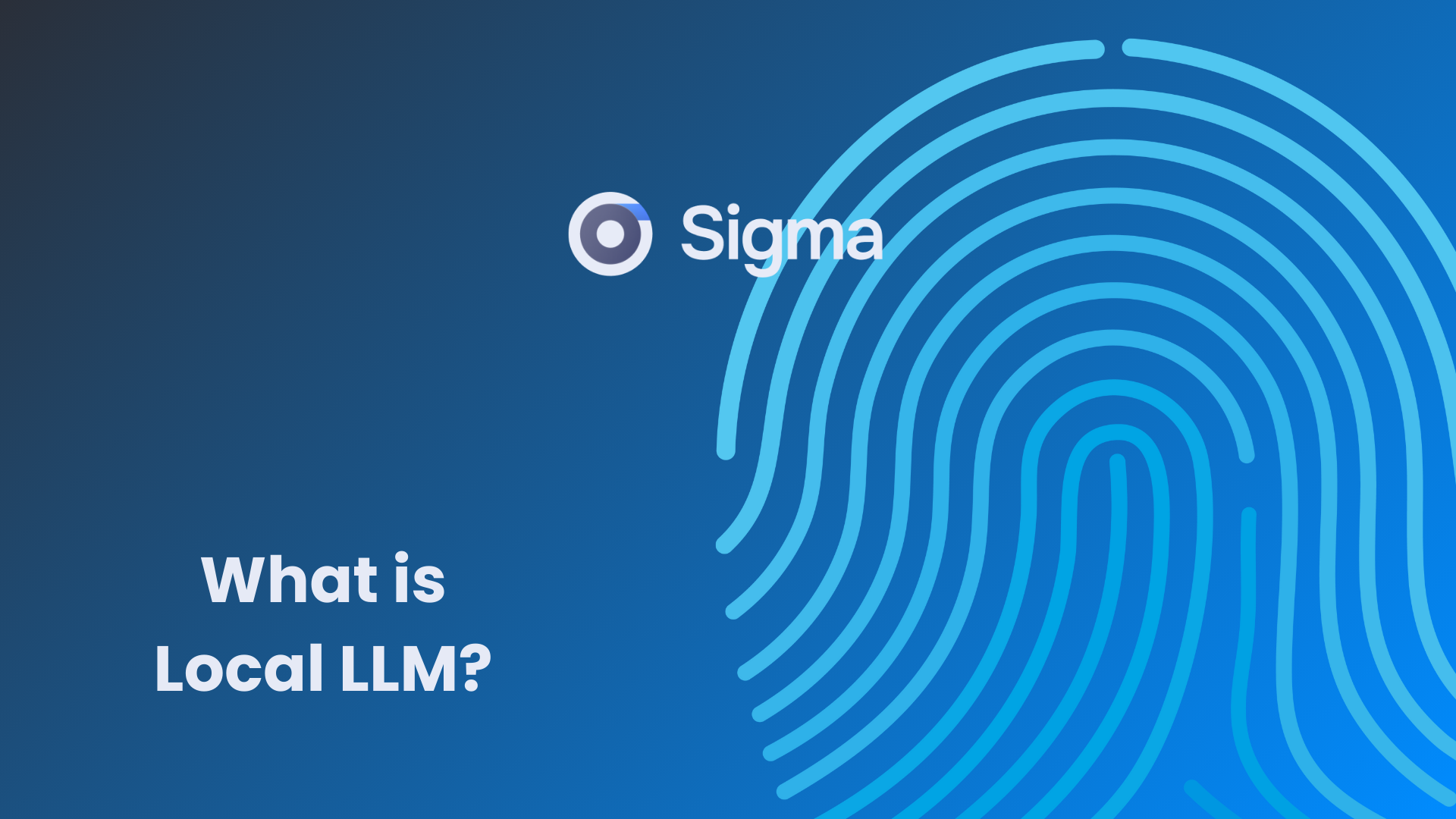In today's era of information, digging up real insights means wading through a ridiculous amount of data. It is time-consuming and a limitation of human ability.
AI is changing this status quo with an uncanny knack for spotting patterns and making sense of the noise.
This piece looks at how AI tools are changing the game. They help researchers move quicker, find connections faster, and spend less time buried in data dumps.

Know Deep Research: Deeping the Surface
Deep research is an extension of surface data in search of the underlying 'why' behind things. It’s not linear—it loops back, digs deeper, and chases down what’s really driving the story.
Its principal attributes are preoccupation with the 'why', circular process, engagement of more than one source of data, critical evaluation, and synthesizing evidence into rational conclusions.
Historically, deep research came with baggage—slow progress, too much info to sift through, and the risk of human bias creeping in.
The Use of AI in Deep Research: Paradigm Shift
AI is transforming deep research by doing away with its very old issues. AI functions with and understands data at speeds and scales that cannot be replicated by the human mind, thus making exhaustive activities like data gathering and early-stage filtering way less of a grind.
This frees up researchers from mental busywork like forming hypotheses or teasing out subtle meanings, so they can focus more on big-picture thinking and deeper analysis.
AI sidesteps information overload thanks to smart tools like Natural Language Processing (NLP) and machine learning. It’s faster, less prone to bias, opens up new research angles, and makes it easier to collaborate across fields.
AI handles the heavy lifting—processing, pattern-spotting—but humans still bring the spark: creativity, judgment, and the ability to ask the right questions.
Key AI Technologies Enabling In-Depth Research
There are certain AI areas which collaborate in support of in-depth research:
- Natural Language Processing (NLP): Allows computers to understand and generate human languages. Some of them are language generation and understanding, information extraction, summarizing text, sentiment analysis, topic modeling, and question answering.
- Machine Learning (ML): Concerns with systems learning from experience without being programmed. Used for data classification, predictive modeling, anomaly detection, and recommendation systems.
- Computer Vision: It trains computers to work on image data, which can be applied in image and video processing, OCR, and pattern recognition in image data.
- Generative AI: Creates new content like text, images, or code. Can be used for content summarization, hypothesis generation, report generation, and data augmentation.
- AI Agents: Represent the future generation, autonomous research assistants with the capability to conduct autonomous information gathering, auto data analysis tasks, ongoing learning, multiple domain writing, and pro-active discovery creation. The agents integrate AI capabilities to take advantage of beyond human process capabilities.
Value of AI Deep Research: Realizing Unparalleled Potential
AI deep research offers many benefits:
- Efficiency and Velocity Boost: Automates literature scanning, data collection, and data analysis, leading to drastic reductions in research cycles.
- Increased Insights: Bring to the surface, in large sets of data, subtle patterns, associations, and outliers that human judgment might not appreciate.
- Less Bias, More Objectivity: Well-designed AI can process data objectively, resisting human mental bias and blanket use of the norm.
- Increased Productivity: Relieves scientists from drudgery so that they may focus their mind and time on intellectual endeavors of higher order.
- Scalability: Handles vast data sets and complex queries, making it possible for research efforts of previously unimaginable scale to be addressed.
- New Findings: Facilitates new correlations, speeds up scientific discovery, and assists in forming new hypotheses.
The Future of AI Deep Research: A Common Frontier
Future emerging AI deep research is collective and improved. The prevailing trends are:
- Next-Generation AI Models and Domain-Specific Agents: The next-generation AI models will be smarter and more rational, with domain-specific AI Agents in particular research domains, with multi-modal AI.
- Elevated Human-AI Interaction: Human-AI collaboration in real-time is the focus, with natural interfaces to ensure that human judgment and creativity are always in the driver's seat.
- Democratization of Research Sophistication Tools: AI tools will be more democratized, making sophisticated research possible by small groups of people and even solo researchers.
- Proactive and Independent Discovery: AI agents will take an active role in searching for research gaps in knowledge, formulating hypotheses, and even specifying experiments.
- Greater Emphasis on Explainable AI (XAI) and Ethical AI: Ethics and transparency will be at the forefront, ensuring fairness, objectivity, and privacy.
- Convergence with Real-World Systems: Outputs of research will be converged into real-world systems since embodied AI will enable autonomous experimentation.
This convergence will unleash new insights and mend humanity's urgent needs.

The Indispensable Union of AI and Deep Research
AI Deep Research is only one of the artificial intelligence collaborations with human intelligence that enhances research processes and results. AI takes care of information overload and bias, and it is possible to conduct deeper and broader analysis. From Generative AI through to AI Agents, NLP and ML, they augment human research. The Sigma AI Browser is only one of the instruments of the synergy and eases research with AI features.
In spite of challenges (interpretability, data quality, ethics), proactiveness is paramount. The future is towards improving AI models, human-AI cooperation, and democratization of research capacity, towards proactiveness. Synergy in this context will generate new insight and address complex global problems.
Ready to transform your web experience? Find out how the Sigma AI Browser integrates advanced AI for a faster, smarter, and more intuitive research experience.





.avif)




